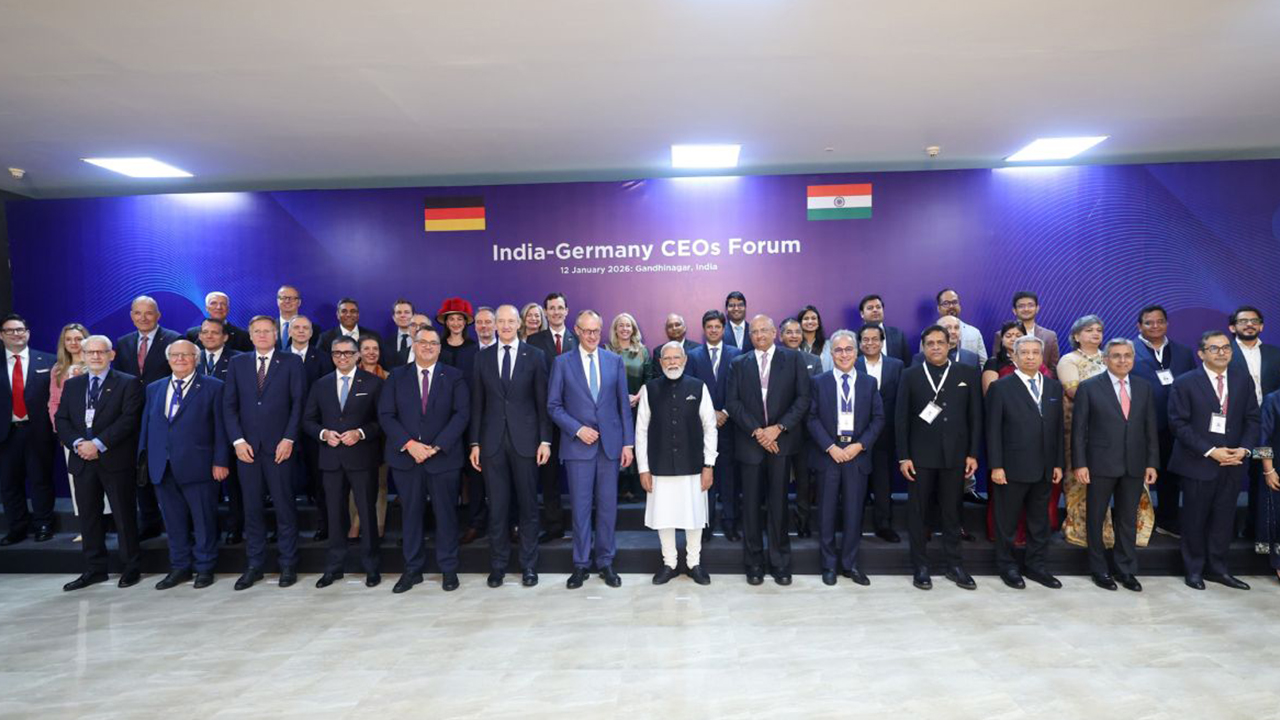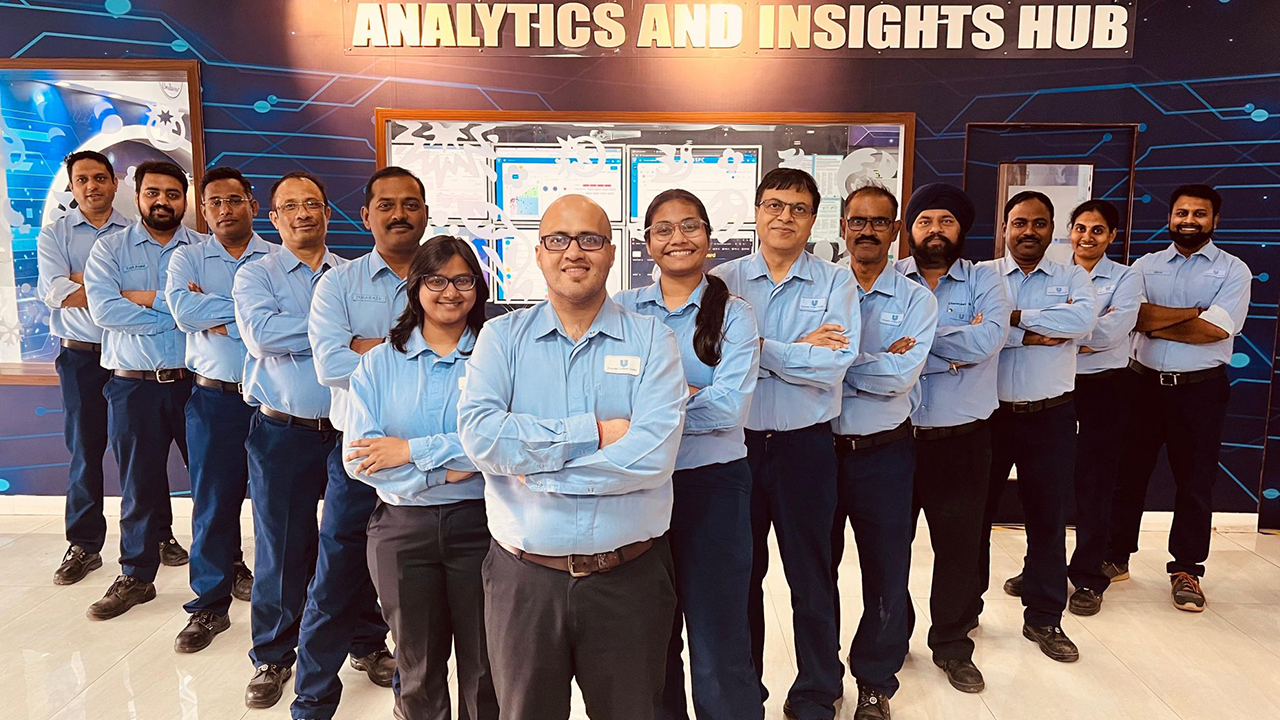
Pharmaceutical companies are always high in demand due to its requirement in the market. With Covid-19, it has further escalated, and manufacturing industries are required to meet the requirements of the dynamic market even faster. Digitalization can help ease the process, but it is a journey and not a destination; and requires an intricate framework of processed improvements.
Manufacturing industries today are under a lot of stress to make their production and distribution process faster. Also, the cellular biology advancements have driven complex process changes, creating greater challenges for Life Sciences companies.
Mr.Arvind Rao - Global Business Director- Operations & Info Applications, Rockwell Automation; had presented some useful insights on the digitalization of manufacturing industries. Pro MFG Media shares its knowledge and understanding of how the manufacturing sector is exposed to many challenges while adopting digitalization into their workflow; and how a well-structured process and formulating an end-to-end Industry 4.0 based business model can help the sector make the most of their productivity.
Some of the challenges faced by the pharmaceutical industry today are:
Challenges
● Large-scale bulk production to multiproduct facilities: Though innovation remains critical as patents expire, lifecycles shorten, and counterfeits flood the market, there’s a growing need for more targeted, smaller-volume orphan drugs and personalized medicines. This demand is driving operations away from large-scale bulk production to multiproduct facilities that require complicated batching, frequent changeovers, and meticulous tracking.
● Growing Demands: Covid-19 has increased the demand for products and vaccines worldwide. There is pressure on manufacturing industries globally, to get drugs to the market faster while maintaining quality, compliance, and data integrity. These issues require immediate attention to drive better process management, the convergence of IT and OT, and efficient R&D operations to get approval from regulators. Also, the global supply chain is becoming more and more adverse, and it is becoming vital for industries to adhere to proper government regulations and scrutinization.
● Skilled Manpower: Automation and technology are believed to ease the operations, but they alone cannot cater to the diversity in demands. There is a need for a skilled, trained, and qualified workforce which is not only an expert in operating systems but also aid in increasing productivity. They should be well-informed and updated on the latest technology trends which will enable them to execute and monitor these complex procedures.
● Safety: In the operational technology (OT) manufacturing space, cyber security is of utmost importance. With the supply chain spreading its wings globally, companies need to ensure the safety of people; by abiding by safety norms and ensuring the authenticity of products and their components.
Integrating Digital Transformation
Digital transformation can be harnessed to the maximum by deploying technology expertise into the sensors, instruments, and systems as per their design to the context. Industry 4.0 can help improve the framework of the pharmaceutical manufacturing sector. The right knowledge transfer between the systems can speed up work and avoid duplication. This allows information to move freely and transparently, and decision-making across the stakeholders becomes faster.
The important parameters in digitization and automation are data and the right infrastructure. The relevant data as per its context should be deployed. It is also important to have good governance and management to ensure the data provided is authentic and safe. With the right systems in place, the critical parameters such as asset management, environmental conditions, and operator inputs can be monitored in real-time.
A well-equipped communications infrastructure would lead Pharma 4.0 concepts and Industrial IoT technologies to swap out and repurpose assets easily. Also, the intuitive operator interfaces will serve well in collecting real-time data.
Benefits
Industry 4.0 can significantly alter the way things are done, benefiting the industries by:
● Creating Adaptable Facilities: The right facility should leverage digital technologies to connect systems both horizontally and vertically. A flexible operations environment would help in making single-use of technologies and mobile equipment to optimize capital utilization. When done right it can maximize ROI, optimize asset utilization, achieve greater speed to market, and maintain quality and compliance throughout.
● Seamless Connectivity: Using a common data structure where the interoperability connects your ERP system down to individual equipment, raw materials, and end products, and back up again, aids creating efficient connectivity. The workers can access real-time data- in a single and consistent format and this two-way communication for both your vertical and horizontal processes is critical for maintaining the integrity
● Flexibility: With carefully architected use of Industry 4.0 into manufacturing segments, flexible operations can be executed within smaller batches, thus optimizing asset utilization and being first to a new market. This agility can be attained with: single-use technology, actionable data, and pre-validated modular equipment. The plug-and-play connectivity, free movement, and interchangeable processes, utilities, and rooms can be made possible.
● Digital modeling of systems: Assembly lines, robots, among others can help set up the entire factory in a virtual environment. Stimulating the actual production processes and systems and refining the same design in the virtual world can help spot mistakes beforehand and resolve them. It not only helps in cost savings but also improves start-up times.
The focus should be on people, customer problems, companies’ processes, and obligations; and solving them with domain expertise. Deploying a streamlined framework of Industry 4.0 into the production segment and supply chain is the key for industries’ return on investments.
This article is inspired by Mr. Arvind Rao’s recent talk on an editorial perspective session: ‘How Industry 4.0 can Strengthen India’s Pharma Sector’; and has been articulated as understood by Pro MFG media.
NEWSLETTER
TRENDING ON PRO MFG
MORE FROM THE SECTION









